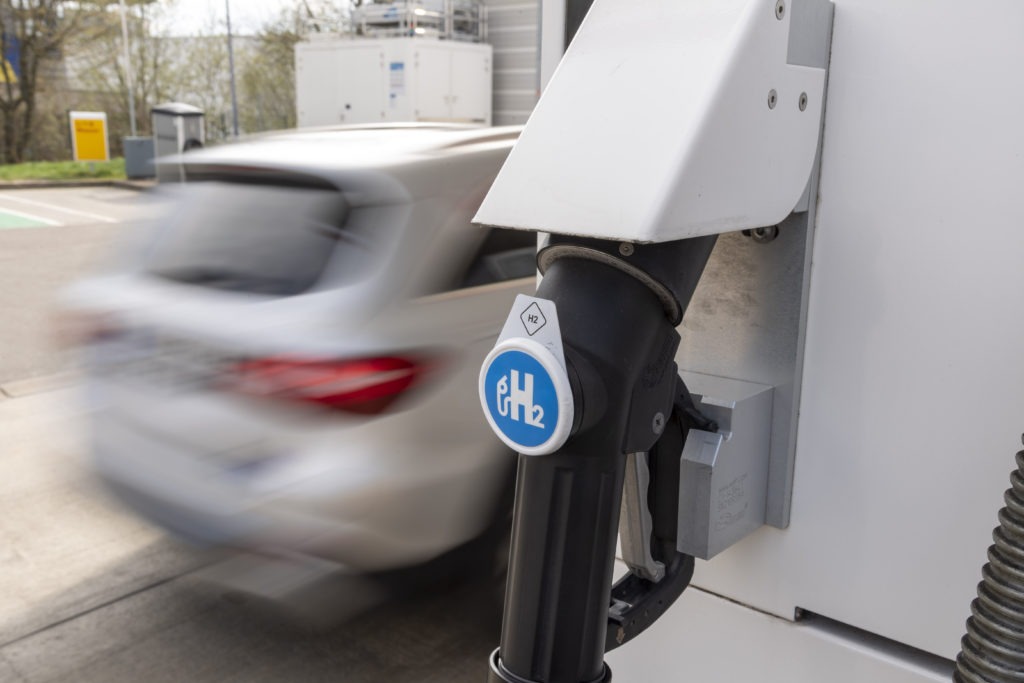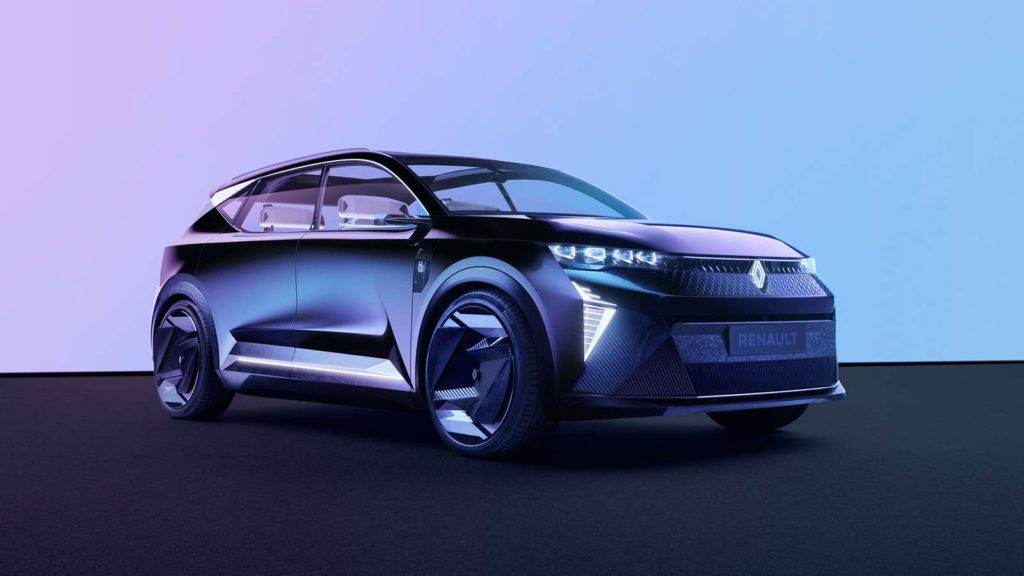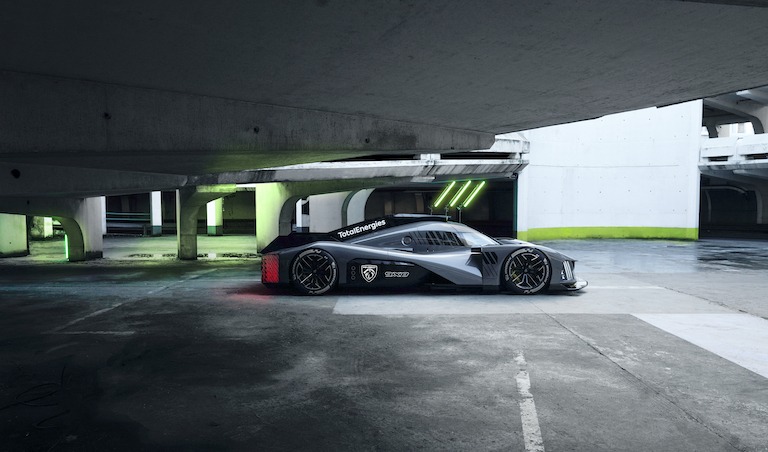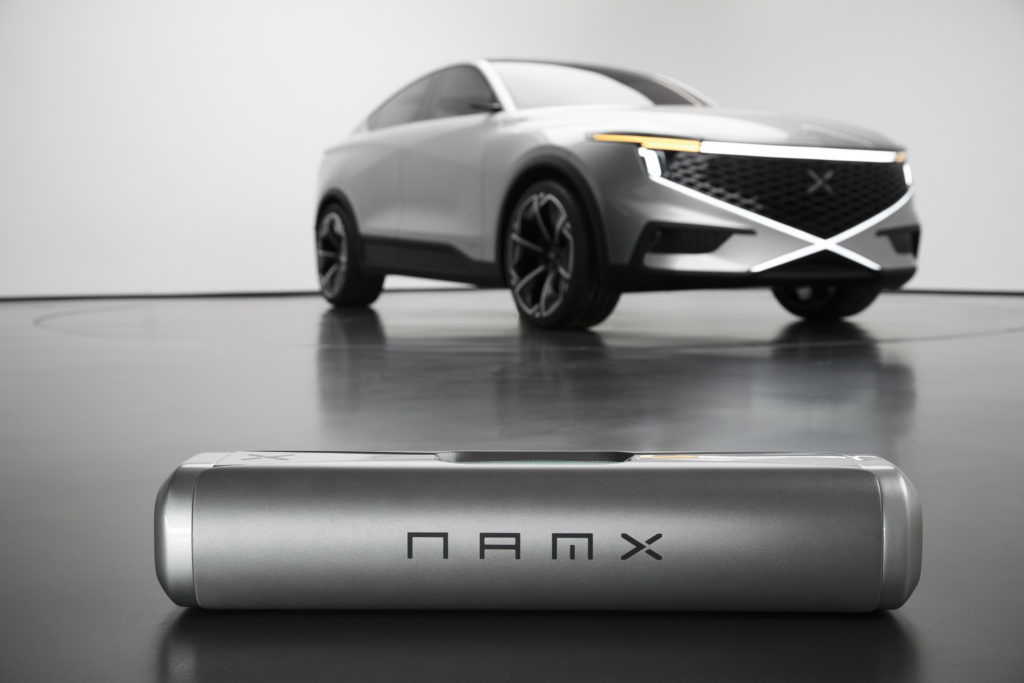Can solar energy make a breakthrough in powering passenger cars?
22 June 2022
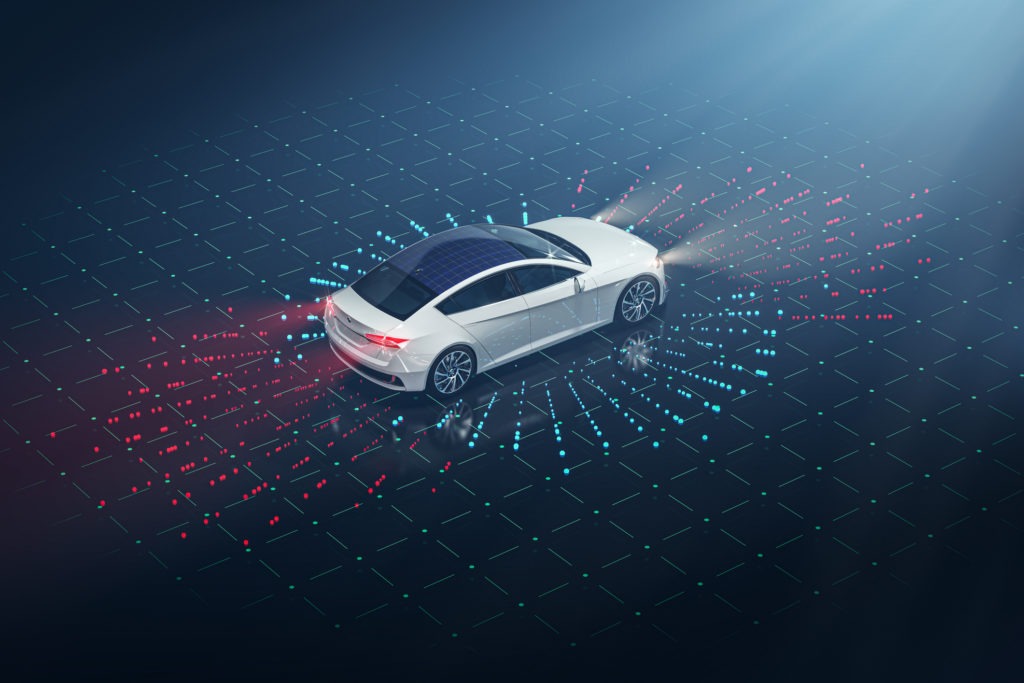
Renewable sources of power to drive electric motors are being researched by car manufacturers. Plug-in propulsion is now mainstream and the use of renewable technology is limited to some green-energy production and hydrogen as a renewable fuel. Solar could be another option.
This opens the market to new entrants developing technologies that can either be integrated into their own vehicles or licensed out to existing vehicle manufacturers. Solar propulsion can offer benefits such as increasing the range of a plug-in vehicle through battery recharging, or completely carbon-free motoring in urban environments.
Why solar power?
With upcoming bans on internal-combustion engine sales, electric propulsion is fast becoming the norm when it comes to the new-car market. To match this, there needs to be a mass expansion of charging infrastructure, not just in Europe but around the world.
In urban environments vehicles often cover very few miles each day. Therefore, having solar as an option in an urban setting would decrease a vehicle’s reliance on charging infrastructure, at least for a number of days.
Car makers could offer solar technology as an optional extra, with the customer benefitting from extra range on their electric vehicle (EV). This may even make the vehicle more desirable to buyers, including those who do not have access to off-road parking, or domestic charging points.
Suppling solar to automotive
Sono Motors is one early pioneer of solar technology to help vehicle propulsion. The company unveiled its first concept vehicle, the Sion at the tech show CES 2021. It is a battery-electric vehicle (BEV) that would gain an additional 21 miles (34km) of range from solar panels built into the bodywork. The company is also delivering solar solutions to various B2B customers.
In its recent quarterly financial results announcement, Sono Motors revealed it has partnership arrangements with 18 companies worldwide to provide its solar technology on a variety of vehicle architectures such as buses, trailers, trucks, and camper vans. This is up from six agreements in the same period last year.
‘Since March 2022, our proprietary solar technology has been contributing to climate protection and reducing CO2 emissions on Munich public transport to support the city’s clean-air targets,’ commented Laurin Hahn, CEO and co-founder of Sono Motors. ‘Soon our technology will also support further industry leaders to be even more sustainable, such as Chereau S.A.S, a French refrigerated trailer manufacturer. These examples impressively demonstrate the potential of our highly flexible in-house developed platform as we enter new vehicles and industries such as buses, logistics, and refrigerated transportation.
‘Our goal to diversify by establishing our B2B solar business as a strategic pillar, equal to our solar-electric vehicle, the Sion, is going according to plan in 2022,’ The business noted.
Diversification is needed as Sion waits
Sono Motor’s Sion incorporates integrated solar panels that would provide additional range, depending on weather conditions – enough for a daily urban commute. Therefore, in theory, the Sion could run entirely on solar energy.
The company has begun series validation of the vehicle, as it works on final assembly of these units. Meanwhile, development teams are working on series production with contract manufacturer Valmet Automotive in Finland, with the first customer models expected to be delivered in 2023.
As of 15 May 2022, the company stated it has received over 18,000 private reservations for the Sion, with an average down-payment of €2,310 and equivalent net sales volume of €393 million, assuming that all reservations result in sales.
The supply of panels to businesses is another way to validate the technology. While the Sion itself undergoes crash testing, Sono Motors can enhance the solar technology through its partner relationships. This allows the final product to benefit from two years of real-world experience. Whether this increases the projected 21-mile range remains to be seen.
Lightyears ahead
At CES 2022, the Netherlands-based solar-electric car company Lightyear won an innovation award. It has spent six years working on a solar-powered vehicle, the Lightyear 0, and says that deliveries of the car will begin in November 2022.
‘Electric cars are a step in the right direction, but they have a scaling problem. By 2030, we can expect 84 million electric vehicles (EVs) on roads in Europe alone,’ commented Lex Hoefsloot, co-founder and CEO of Lightyear. ‘Access to charging stations will not keep up with the demand for electric cars. To minimise plug charging and maximise range, the industry’s strategy, so far, has been to add batteries. That increases the carbon footprint of production and, in turn, boosts weight and the need for high-power charging stations. Our strategy flips that approach. Lightyear 0 delivers more range with less battery, reducing weight and CO₂ emissions per vehicle.’
The startup states that the Lightyear 0 can drive up to 70km per day on a solar charge alone, while the overall range of the car is 625km, according to WLTP figures. The vehicle’s solar panels provide 10km of range per hour, and with an average 35km commute in cloudy conditions, Lightyear believes the car could go two months before the need to plug into a charging point.
Both Sono Motors and Lightyear’s plans highlight a place for solar in the automotive industry. However, the increased range may not yet be enough to pique the interest of established automotive manufacturers. Some have offered smaller solar panels as options purely for charging ancillary components. It remains to be seen whether the Lightyear 0 and Sono Motors’ Sion will attract enough sales to break into the mainstream automotive market, or whether they will remain a niche product until the technology is developed further.
